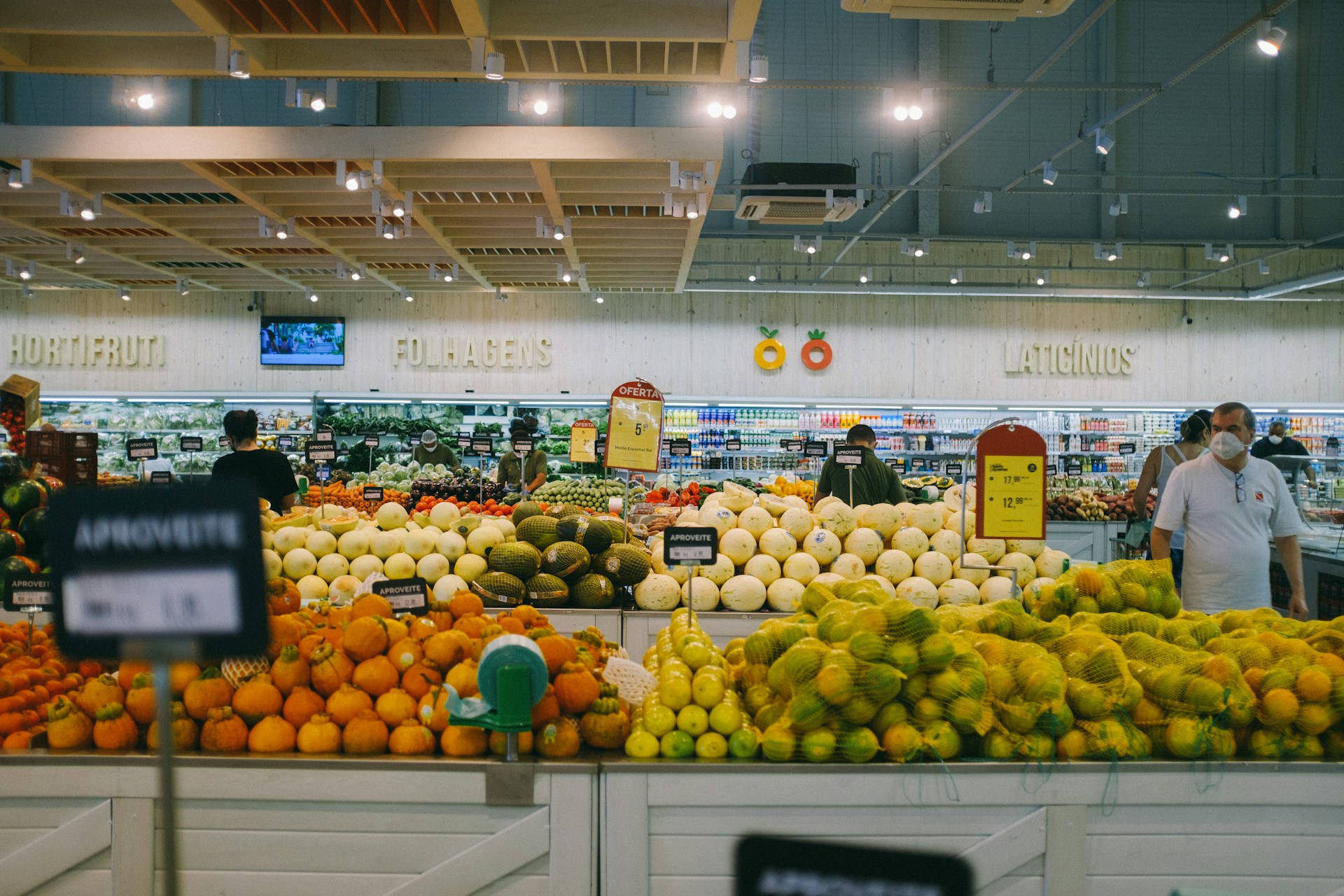Starting a UK-based organic food delivery service can be a rewarding venture, both financially and in terms of contributing positively to public health. However, ensuring that your business complies with stringent hygiene and safety standards is critical for its success and longevity. This detailed guide will walk you through the essential steps and considerations for forming your organic food delivery service while maintaining high standards of food safety and hygiene.
Understanding the Legal Framework
When setting up a food business in the UK, the first step is understanding the legal framework surrounding food safety and hygiene. These laws are designed to protect customers and ensure that all food products sold are safe to eat.
The Food Standards Agency (FSA) is the governing body responsible for food safety and hygiene in the UK. Under its regulations, you will need to register your business with the local authority at least 28 days before you start trading. The registration process is straightforward and free, but it is crucial to ensure that you comply with all the requirements laid out by the FSA.
Familiarize yourself with food labelling requirements, as improperly labelled foods can lead to penalties and damage your business’s reputation. Labels should clearly state ingredients, allergens, and nutrition facts. This transparency helps build trust with your customers and emphasizes your commitment to public health.
Compliance with these regulations is not just about avoiding legal repercussions; it’s also about establishing a trusted brand that customers can rely on for safe, high-quality products.
Implementing a Robust Safety Management System
Developing a comprehensive safety management system is vital for ensuring that your organic food delivery service maintains the highest standards of hygiene and safety. The Hazard Analysis and Critical Control Points (HACCP) system is widely recognized and respected for managing food safety.
HACCP involves identifying potential hazards in your food production process and implementing measures to control these risks. This proactive approach ensures that your food products are safe from farm to table. Regularly review and update your HACCP plan to accommodate new safety concerns or regulatory changes.
Training your staff in food safety management is equally important. Employees should be well-versed in hygiene practices, such as proper handwashing techniques and the importance of wearing protective clothing. Adequate training helps prevent cross contamination and ensures that your team can identify and address potential safety issues effectively.
Moreover, you should establish a routine for inspecting your facilities and equipment. Regular maintenance and cleaning are essential to prevent the buildup of harmful bacteria and other contaminants. Ensuring that your delivery vehicles are clean and well-maintained is also crucial for preserving the quality and safety of your organic food products.
Sourcing High-Quality Ingredients
One of the hallmarks of an organic food delivery service is the commitment to sourcing high-quality, organic ingredients. Ensuring that the ingredients you use meet organic standards is crucial for maintaining the integrity of your brand and the trust of your customers.
Build relationships with reputable suppliers who are certified organic. Visit their farms and facilities to ensure that their practices align with your standards for quality and sustainability. Regular audits and assessments will help you maintain a consistent supply of fresh, safe ingredients.
Implement a traceability system to keep track of where your ingredients come from. This transparency not only helps with food labelling but also reassures your customers that they are getting genuine organic products. In the event of a safety issue, traceability allows you to quickly identify and address the source of the problem, minimizing potential harm to your customers and your business.
Incorporating seasonal and locally sourced ingredients can enhance the freshness and sustainability of your food products. This approach supports local farmers and reduces the carbon footprint of your delivery service, appealing to environmentally conscious consumers.
Ensuring Hygiene Safety During Preparation and Delivery
Maintaining high standards of hygiene safety during food preparation and delivery is crucial for the success of your organic food delivery service. Your kitchen and preparation areas should adhere to strict cleanliness protocols to prevent contamination.
Implement a cleaning schedule that includes regular sanitization of surfaces, equipment, and utensils. Use food-safe cleaning products and ensure that all staff are trained in their proper use. Regularly monitor food storage conditions, such as temperature and humidity, to keep your ingredients fresh and safe.
When it comes to food labelling, ensure that all products are accurately and clearly labelled with ingredients, allergens, and expiration dates. This practice not only complies with regulations but also helps customers make informed choices, enhancing their trust in your brand.
During the delivery process, maintain the cold chain for perishable items to prevent bacterial growth. Use insulated packaging and refrigerated vehicles if necessary. Train your delivery personnel in hygiene practices, such as wearing gloves and sanitizing their hands between deliveries.
Consider offering a hygiene rating scheme for your customers, providing transparency about your commitment to safety standards. This rating can serve as a marketing tool, differentiating your service from competitors and building customer loyalty.
Continuous Improvement and Customer Feedback
To ensure the long-term success of your organic food delivery service, commit to continuous improvement and actively seek customer feedback. This approach will help you stay ahead of potential safety issues and adapt to changing market demands.
Regularly review and update your safety management system to incorporate new technologies and best practices. Attend industry conferences and workshops to stay informed about the latest developments in food safety and hygiene.
Encourage your customers to provide feedback on their experiences with your service. Use surveys and social media platforms to gather insights into what is working well and where improvements can be made. Address any concerns promptly and transparently, demonstrating your commitment to customer satisfaction and safety.
Monitor your business’s performance through key metrics, such as delivery times, customer complaints, and hygiene ratings. Use this data to identify trends and areas for improvement, allowing you to make informed decisions about your operations.
Invest in ongoing training for your staff to keep them updated on the latest safety protocols and hygiene practices. A well-informed and engaged team is essential for maintaining high standards and delivering a consistently excellent service to your customers.
Forming a UK-based organic food delivery service requires careful planning and a strong commitment to hygiene and safety standards. By understanding the legal framework, implementing a robust safety management system, sourcing high-quality ingredients, ensuring hygiene safety during preparation and delivery, and committing to continuous improvement, you can build a successful and trusted business.
Your dedication to providing safe, high-quality organic food will not only protect public health but also help you build a loyal customer base. By maintaining transparency and actively seeking feedback, you can adapt to changing market demands and stay ahead of potential safety issues, ensuring the long-term success of your organic food delivery service.









